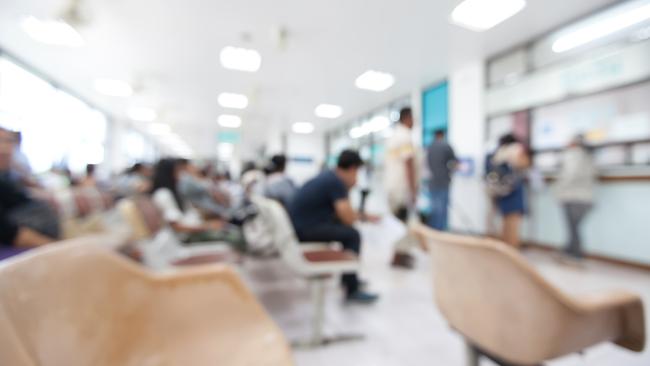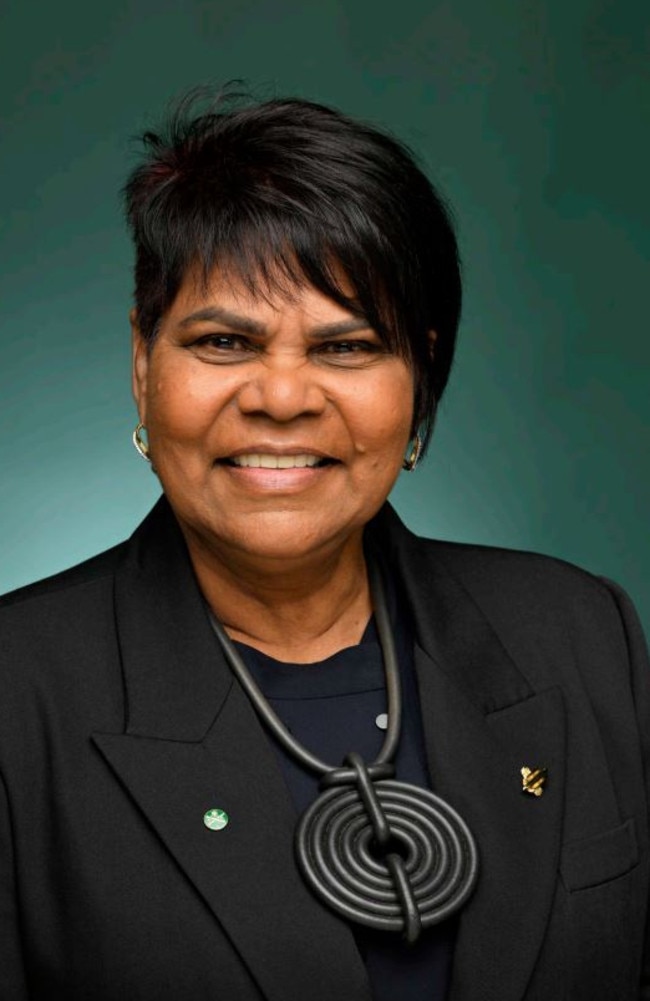Marion Scrymgour: Addressing the invisible legacy of gender-based violence
As a community we must do better to prevent and support our Aboriginal and Torres Strait Islander women who are experiencing domestic violence, writes Member for Lingiari Marion Scrymgour.

News
Don't miss out on the headlines from News. Followed categories will be added to My News.
It was with great sadness that I read the Northern Territory Coroner Elisabeth Armitage’s findings, following her landmark inquest into the domestic violence deaths of four Aboriginal women.
Australia’s Aboriginal and Torres Strait Islander women experience some of the highest rates of physical violence in the world.
According to the Australian Bureau of Statistics, there were 11,540 victims of assault in the Northern Territory in 2023, with nearly 70 per cent of these related to domestic violence.
The rate of intimate partner homicides in the Northern Territory is seven times that of the national average.
Coroner Elisabeth Armitage spent more than a year investigating the domestic violence deaths of Kumarn Rubuntja, Kumanjayi Haywood, Ngeygo Ragurrk and Miss Yunupiŋu.
She found these deaths were not only senseless and shocking, but most importantly, preventable.

As a community we must do better.
Ms Armitage calls out this epidemic of domestic violence facing the Northern Territory as a “national shame”.
Her report details 35 recommendations that must be urgently acted upon, involving further funding for frontline services, changes to the way police follow up on domestic violence reports, and targeted training for police and health workers.
For more than a year, I have been advocating for the establishment of a Head Health campaign, expressly targeting the diagnosis of head trauma and concussion for First Nations women impacted by gender-based violence.
To be delivered through a partnership between Central Australian Aboriginal Congress, the Australasian College for Emergency Medicine, Menzies School of Health Research and Alice Springs Hospital, this vitally important project will establish national minimum standards for the management of head trauma and concussion in hospital emergency departments and the community.
Head trauma injuries are the invisible legacy endured by Aboriginal and Torres Strait Islander women around Australia from the devastating effects of domestic, family and sexual violence.
For far too long, Aboriginal and Torres Strait Islander women survivors have not received a consistent standard of care and treatment for head trauma and concussion.

In many cases medical staff do not assess their patients for head injuries upon admission to a hospital emergency department.
The result of this oversight is a growing cohort of women who are living with the cumulative effects of repeated violence.
Left unchecked, this can lead to significant cognitive and neuropathological problems of memory loss, poor information retention, organisation, decision making and emotion dysregulation, headaches and fatigue, communication and hearing impairments.
In the most extreme cases, these women experience irreversible brain damage and chronic traumatic encephalopathy (CTE), leading to depression, anxiety, impulsive behaviour and aggression, suicidality, parkinsonism, and eventually progressive dementia.
This project has endorsement from key Aboriginal and non-Aboriginal organisations and stakeholders in my electorate.
It offers significant advancements in the treatment, recovery, and ongoing safety and wellbeing of First Nations women survivors of domestic, family and sexual violence.
I am proud to champion this ground-breaking project, as another important piece of the jigsaw to a more comprehensive service response to the scourge of gender-based violence.


